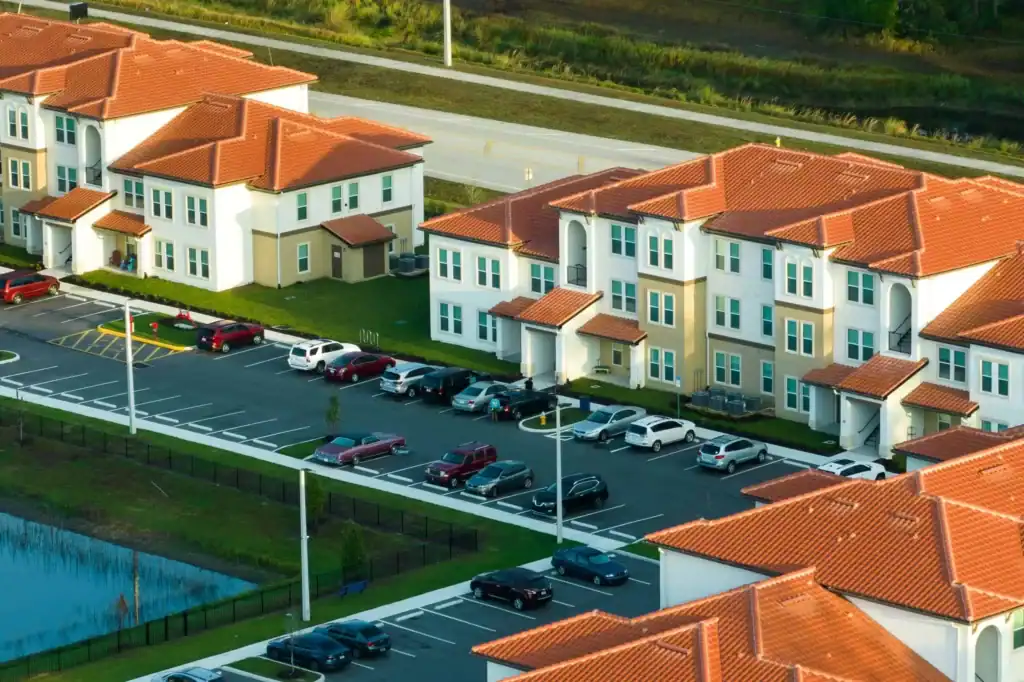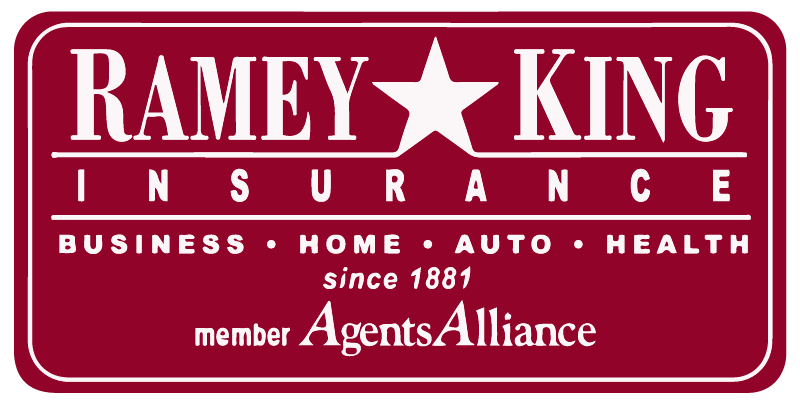
Owning rental property in Texas can be a smart investment, but it comes with its own set of risks. Whether you rent out a single-family home, a duplex, or a small apartment building, it’s essential to have the right insurance coverage in place. At Ramey King Insurance, we help landlords across Texas understand the protections typically included in a Rental Property Insurance policy, and where additional coverage might be needed.
In this article, we explore the common risks landlords face and how a standard rental property insurance policy may respond.
What Does Rental Property Insurance Generally Cover?
Rental property insurance, sometimes called landlord insurance, is designed to help protect your property and liability as a rental owner. A typical policy in Texas often includes:
- Dwelling Coverage: This may help cover damage to the structure of the rental home itself due to events like fire, hail, windstorms, or vandalism.
- Other Structures: If your property has detached structures such as a garage, shed, or fence, this coverage may apply.
- Loss of Rental Income: If a covered event makes your property uninhabitable, this may help compensate for lost rental income during repairs.
- Landlord Liability: If someone is injured on your property and you’re found legally responsible, this coverage may assist with legal fees or medical expenses.
Coverage details can vary based on the policy and insurer. In Texas, certain weather-related risks like hail or windstorm damage may be especially relevant.
Are Tenants’ Belongings Covered Under My Policy?
Generally, no. Rental property insurance does not typically cover tenants’ personal belongings. Instead, tenants are encouraged to carry renters insurance to protect their possessions.
Some landlords in Texas may require renters insurance as a lease condition. This can reduce disputes and help protect both parties after an incident like a fire or theft.
What Liability Risks Do Texas Landlords Face?
As a landlord, you’re exposed to liability claims that may arise from accidents on your property. Common scenarios might include:
- A tenant or guest slips and falls on an icy walkway.
- A tree on the property falls and damages a neighbor’s home.
- A broken handrail leads to a tenant injury.
Landlord liability coverage can help with legal defense costs and any judgments or settlements you may be required to pay, up to your policy limits. In Texas, where weather and property conditions can vary widely, this type of coverage can be especially important.
Is Vandalism or Theft Covered Under Rental Property Insurance?
Many policies include coverage for vandalism and theft of items owned by the landlord, such as appliances, air conditioning units, or exterior fixtures. However, coverage may depend on whether the property is occupied or vacant at the time of the incident.
Vacancy exclusions are a common consideration in Texas rental property insurance policies. If your rental unit remains unoccupied for a certain period,typically 30 or 60 days, some coverages may be reduced or excluded. It’s wise to review your policy details if you expect a property to be vacant between tenants.

How Is Water Damage Handled in a Rental Property Policy?
Water damage can be tricky. While sudden and accidental water damage,like a burst pipe, may be covered, gradual leaks or damage caused by poor maintenance often are not.
Additionally, flooding is usually excluded from standard rental property insurance. If your rental is located in a flood-prone area of Texas, you may want to consider a separate flood insurance policy through the National Flood Insurance Program (NFIP) or a private provider.
Are Appliances and Furnishings Covered?
If you provide appliances or furnishings as part of your rental, your policy may cover them in the event of a covered peril like fire or vandalism. Items like:
- Refrigerators, ovens, or dishwashers
- Washers and dryers
- Furniture in furnished units
It’s important to maintain a detailed inventory and ensure your policy includes adequate personal property coverage. Keep in mind, tenant-owned items are not covered under your rental property policy.
What If My Property Becomes Uninhabitable?
If a covered event makes your property temporarily unlivable, loss of rental income coverage (also called fair rental value coverage) may help. This could provide compensation for the rental income you would have earned while repairs are underway.
For landlords in Texas, where storms and wildfires can occasionally cause temporary displacement, this coverage can help protect cash flow during unexpected events.
Does My Policy Cover Legal Fees or Evictions?
Standard rental property insurance policies typically do not cover legal costs related to evictions or lease disputes. If a tenant stops paying rent or damages the unit, you’ll usually need to handle legal proceedings out of pocket.
However, some insurers offer optional landlord legal protection or rent guarantee coverage as an add-on. These may help with eviction expenses or lost rent due to non-payment in specific situations.
Are Additional Coverages Available for Texas Landlords?
Yes. Depending on your needs and the type of rental property you own, you may want to consider these optional coverages:
- Umbrella Liability Insurance: Extends your liability protection beyond the limits of your base policy.
- Flood Insurance: Especially important for properties in Texas flood zones.
- Equipment Breakdown: Covers mechanical failure of essential systems like HVAC or electrical panels.
- Ordinance or Law Coverage: Helps pay for upgrades required by new building codes after a loss.
At Ramey King Insurance, we work with Texas landlords to tailor policies that reflect each property’s unique risks and features.
What Should Texas Landlords Know Before Purchasing Rental Property Insurance?
Before selecting a policy, consider:
- The age and condition of your rental property
- Whether it’s located in a high-risk area for storms, flooding, or crime
- How long the property typically stays vacant between tenants
- Whether the unit is furnished or comes with appliances
Working with an experienced insurance agency like Ramey King Insurance can help you evaluate your risks and ensure you’re not leaving gaps in your coverage.

Protect Your Investment with the Right Coverage
Rental property ownership in Texas can be rewarding, but it also comes with challenges. Having the right Rental Property Insurance in place helps protect your property, income, and peace of mind.
To get started or review your current policy, contact Ramey King Insurance today. Our local team understands the Texas market and is here to help you find smart, customized insurance solutions for your rental properties.



